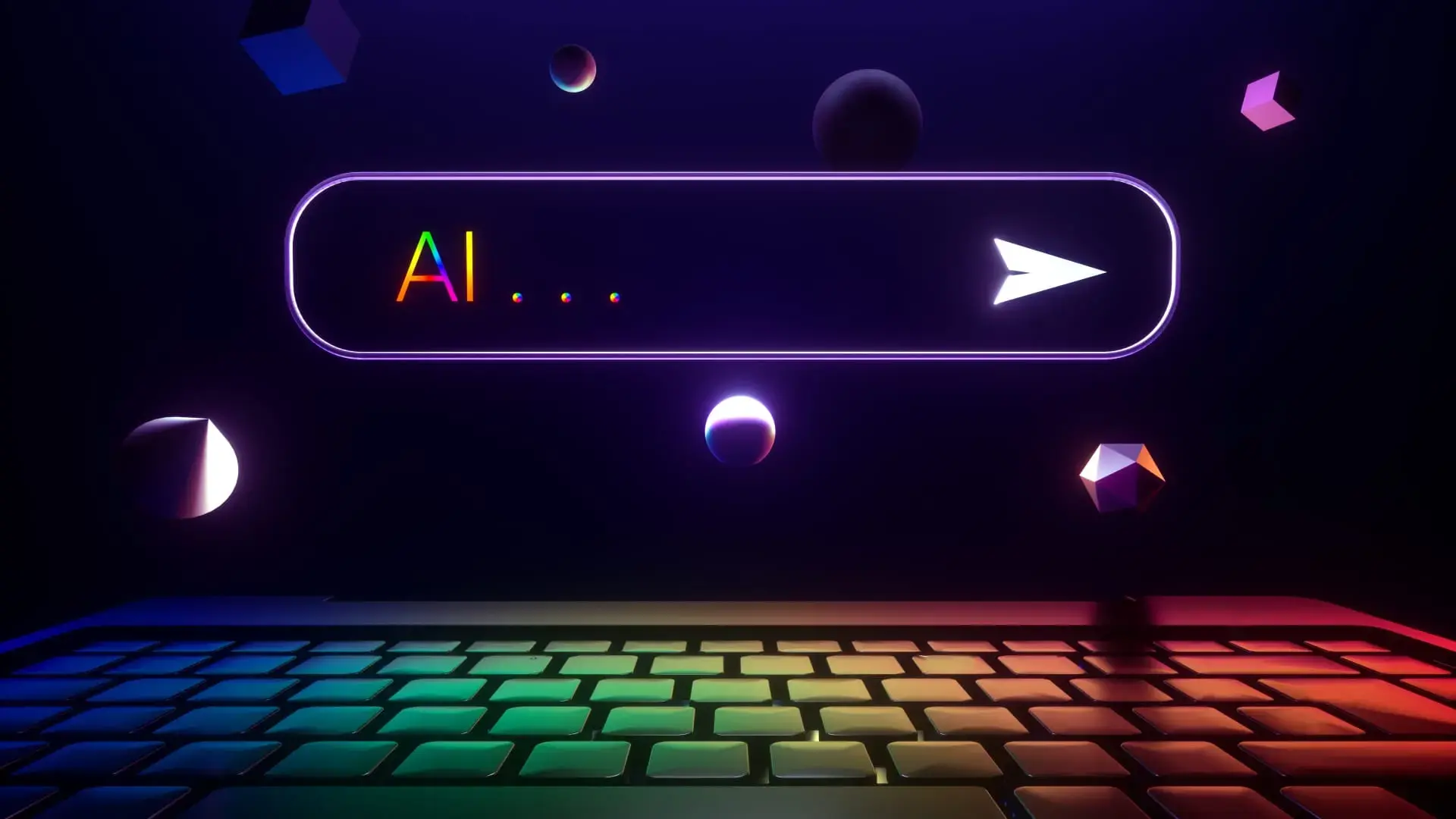A former Google AI executive, Jad Tariffi, suggests that advanced degrees like PhDs, law, and medical degrees may become outdated due to the rapid pace of AI advancement. He argues that by the time students complete these lengthy programmes, AI will likely surpass the knowledge gained. Instead of focusing on traditional degrees, Tariffi advises cultivating practical skills, emotional intelligence, and exploring niche fields where AI is still emerging, such as biology.
Tariffi highlights that much of what is learned in traditional education, particularly in medicine and law, relies on outdated methods. He suggests that future success will depend more on soft skills, interpersonal relationships, and self-awareness. Other tech leaders, including Sam Altman and Bill Gates, have voiced similar concerns about higher education's relevance in an AI-driven world.
Instead of committing to long academic programmes, aspiring technologists should explore niche areas where AI is still in its early stages. Adaptability and hands-on experimentation are more valuable than formal classrooms. Essential AI skills include programming, machine learning, and data analysis. Workplace skills such as teamwork, critical thinking, problem-solving, and communication are also essential for building a thriving career in AI.




